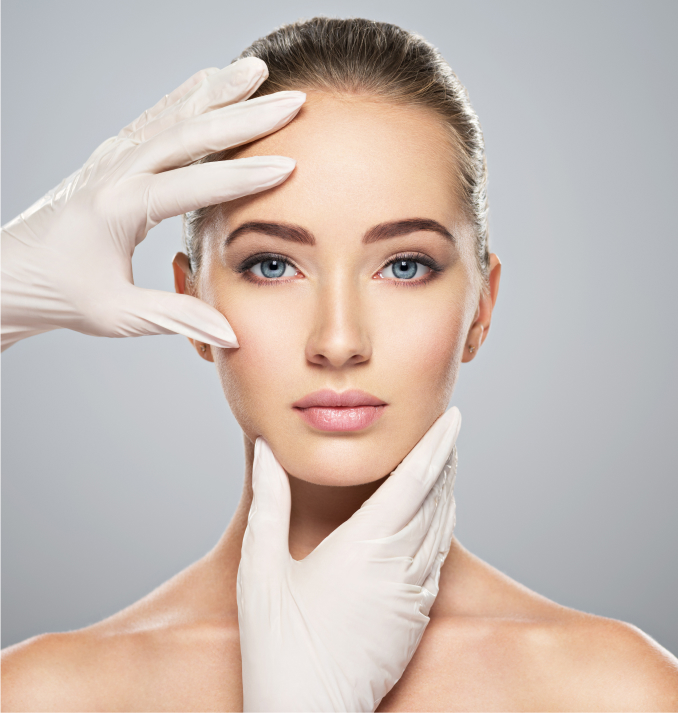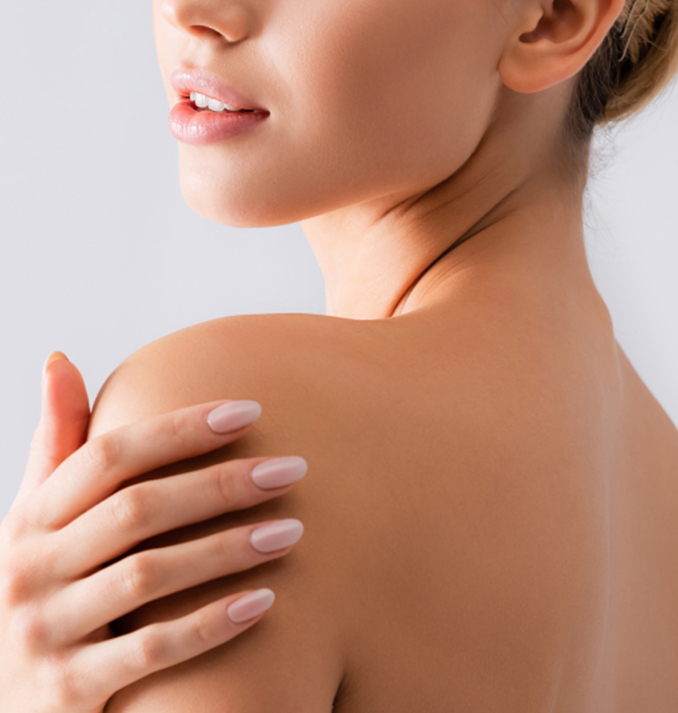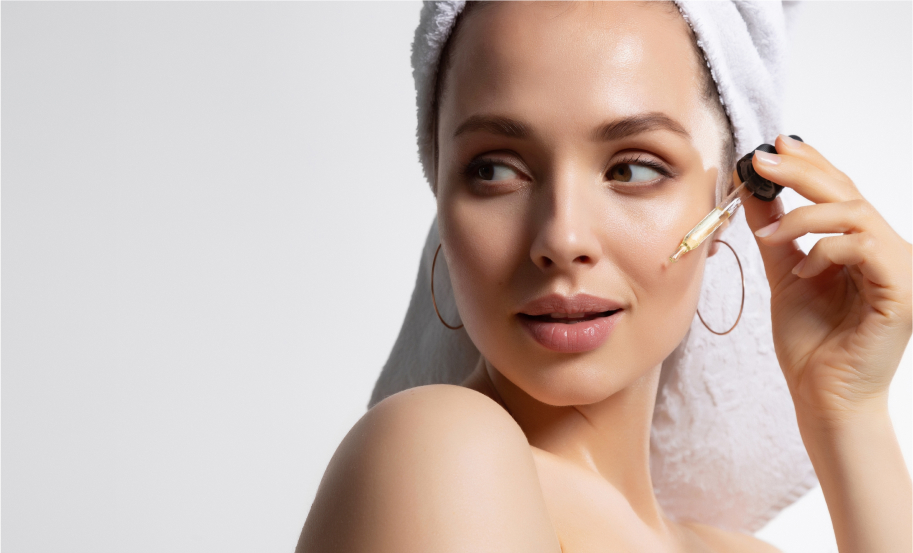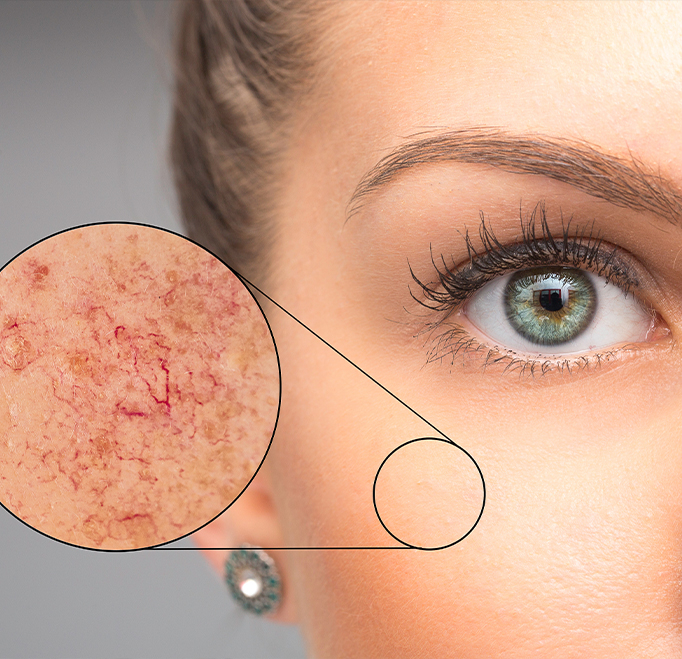Hyaluronic acid is a naturally occurring glycosaminoglycan in our body. Hyaluronic acid is found in our body mainly in the skin, connective tissue and eyes.
Hyaluronic acid has a water holding capacity of 1000 times its weight in the skin and is an important component for the moisture balance of the skin. In addition, it has an effect on the protection and regeneration process of the skin and contributes to the skin's supple, bright and youthful appearance.
The amount of hyaluronic acid in our body decreases as we age. Apart from the natural aging process, sun exposure, environmental pollution and wrong eating habits also cause a decrease in hyaluronic acid. In cosmetic products, serum, cream, tonic, mask and injectable fillers may contain hyaluronic acid. Products containing hyaluronic acid can be used on all skin types, regardless of formulation. It is suitable for day, night and summer-winter application.
When hyaluronic acid is found in the right formulation in cosmetic products, it will increase the moisture content of the skin, increase collagen and elastin, eliminate fine lines and wrinkles and make the skin look younger. With fillings containing hyaluronic acid, an increase in skin quality is observed along with face shaping. An important feature of hyaluronic acid is its anti-oxidant and anti-inflammatory properties.
In this way, it calms the skin in sensitive, dry, rosacea skin and is a part of the treatment, while simultaneously showing an anti-aging effect. Consuming fruits and vegetables containing plenty of antioxidants is important to increase the amount of hyaluronic acid. It has been shown that regular use of hyaluronic acid preparations orally 120-150 milligrams per day for at least 1 month increases the hydration and elasticity of the skin.
 Institutional
Institutional
 Clinical Dermatology
Clinical Dermatology
Acne / Atopic Dermatitis / Skin Dryness / Skin Cancers / Eczema / Genital Wart / Lichen Planus / Fungal Diseases / Molluscum Contagiosum / Psoriasis Vulgaris (Psoriasis) / Rosacea (Percent Rose Disease) / Hair Loss / Seborrheic Dermatitis / Wart / Pale / Vitiligo / Shingles /
 Cosmetic Dermatology
Cosmetic Dermatology
Fotona SmoothEye / Scarlet X / Botox / Dermapen / Filling / Excessive Sweating (Hyperhidrosis) / Aqua Peel 2.0 / Carbon Peeling / Chemical Peel / Spot Treatment / Mesotherapy / PRP / Ultraformer 3 / Cosmelan / Dermamelan / Observe / Regenera Activa / Fotona SP DYNAMIS / Body Shaping / Magellan Tru PRP / Nd:YAG Laser Hair Removal / Alexandrite Laser Hair Removal / Baby Face Ultra/LaseMD Ultra / Tricopat /
 Pediatric Dermatology
Pediatric Dermatology
Diaper Eczema / Herpes Infection / Impetigo / Keratosis / Molluscum Contagiosum / Pediatric Acne / Wart Child / Vitiligo Child / Hair Loss / Hydrafacial 2 / Fotona SP DYNAMIS /
 Blog
Blog
 Communication
Communication










